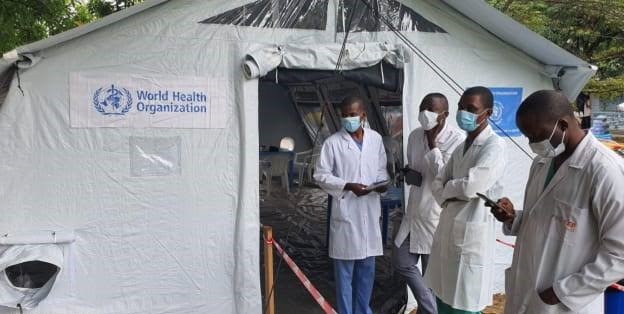A mysterious flu-like disease, primarily targeting women and children, has claimed at least 143 lives within two weeks in the Democratic Republic of Congo (DRC). Those infected are suffering from severe symptoms, including high fever and intense headaches, prompting the World Health Organization (WHO) to launch an urgent investigation.
The majority of cases have been reported in Kwango Province, located in the southwest of the DRC, near the border with Angola. Provincial Deputy Governor Remy Sachi and Health Minister Apollinaire Uma have assured the public that medical teams have been dispatched to collect samples and conduct analyses to identify the disease. However, other officials have expressed grave concerns, warning that the death toll is continuing to rise at an alarming rate.
The situation is particularly dire in Panzi village within Kwango Province. Health Minister Samuel Kamba Roger revealed in a statement on Wednesday that over 60 people died from this mysterious illness between November 10 and 25, raising the region's death toll to 79 last month alone. The symptoms resemble those of other infectious diseases, including mpox and Ebola, both of which have previously caused significant outbreaks in the DRC.
Tragically, due to the lack of available treatment, many of those infected are reportedly dying in their homes. Local epidemiologists have noted that women and children are the most severely affected by the illness. Health authorities are yet to release conclusive results from the collected samples and tests, leaving the disease's origin and nature unknown.
The outbreak has raised serious concerns both locally and internationally. Kwango Province, already vulnerable due to its limited healthcare infrastructure, is struggling to cope with the increasing number of cases. Meanwhile, communities are urged to remain vigilant as medical teams continue their efforts to determine the cause and develop potential interventions.
As the death toll climbs, the urgency for a diagnosis and treatment solution grows, with fears of further spread into neighboring regions. The international health community is closely monitoring the situation, underscoring the need for immediate support to contain this unfolding crisis.
